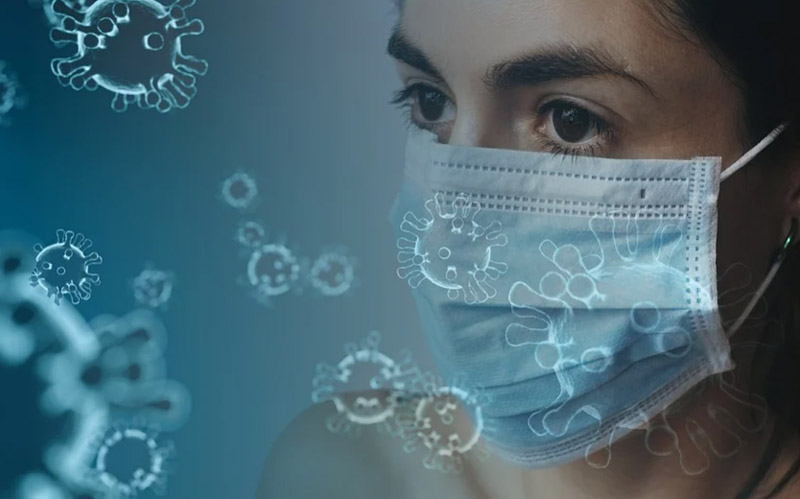 COVID19
COVID19
Pre-existing coronavirus antibodies could help protect children against new pandemic strain: Study
London: Researchers at the Francis Crick Institute and University College London have found that some antibodies, created by the immune system during infection with common cold coronaviruses, can also target SARS-CoV-2 and may confer a degree of protection against the new viral strain.
In response to infection with a virus, the immune system creates antibodies to help fight it. These antibodies remain in the blood for a period after infection, and in the case of re-infection, they are able to tackle the virus again.
In their paper, published in Science, the scientists found that some people, notably children, have antibodies reactive to SARS-CoV-2 in their blood, despite not ever having being infected with the virus. These antibodies are likely the result of exposure to other coronaviruses, which cause a common cold and which have structural similarities with SARS-CoV-2.
The researchers made this discovery while developing highly sensitive antibody tests for COVID-19. To see how well their assay tests were performing, they compared the blood of patients with COVID-19 to patients who had not had the disease. Surprisingly, they found that some people who had not been exposed to SARS-CoV-2 had antibodies in their blood which would recognise the virus. To confirm their findings, they analysed over 300 blood samples collected before the pandemic, between 2011 and 2018.
Nearly all samples had antibodies that reacted with common cold coronaviruses, which was expected given how everyone has been exposed to these viruses at some point in their lives. However, a small fraction of adult donors, about 1 in 20, also had antibodies that cross-reacted with SARS-CoV-2, and this was not dependent on recent infection with a common cold coronavirus.*
Notably, such cross-reactive antibodies were found much more frequently in blood samples taken from children aged 6 to 16.
Kevin Ng, lead author and post-graduate student in the Retroviral Immunology Laboratory at the Crick says: “Our results show that children are much more likely to have these cross-reactive antibodies than adults. More research is needed to understand why this is, but it could be down to children being more regularly exposed to other coronaviruses.
“These higher levels we observed in children could also help explain why they are less likely to become severely ill with COVID-19. There is no evidence yet, however, that these antibodies prevent SARS-CoV-2 infection or spread.”
In the lab, the researchers tested the antibodies they found in blood from uninfected people to confirm they are able to neutralise SARS-CoV-2. They found the cross-reactive antibodies target the S2 subunit of the spike protein on the surface of the virus.
George Kassiotis, senior author and group leader of the Retroviral Immunology Laboratory at the Crick says: “The spike of this coronavirus is made of two parts or subunits, performing different jobs. The S1 subunit allows the virus to latch onto cells and is relatively diverse among coronaviruses, whereas the S2 subunit lets the virus into cells and is more similar among these viruses. Our work shows that the S2 subunit is sufficiently similar between common cold coronaviruses and SARS-CoV-2 for some antibodies to work against both.
“It was previously thought that only antibodies to the S1 could block infection, but there is now good evidence that some antibodies to S2 can be just as effective. This is exciting as understanding the basis for this activity could lead to vaccines that work against a range of coronaviruses, including the common cold strains, as well as SARS-CoV-2 and any future pandemic strains.”
“But it is important to stress that there are still many unknowns which require further research. For example, exactly how is immunity to one coronavirus modified by exposure to another? Or why does this activity decline with age? It is not the case that people who have recently had a cold should think they are immune to COVID-19.”
A large study is now underway, in partnership with researchers at Imperial College London and University College London, to uncover the role that different antibodies and other immune defences play in protection against COVID-19 and how severely ill people become.
Support Our Journalism
We cannot do without you.. your contribution supports unbiased journalism
IBNS is not driven by any ism- not wokeism, not racism, not skewed secularism, not hyper right-wing or left liberal ideals, nor by any hardline religious beliefs or hyper nationalism. We want to serve you good old objective news, as they are. We do not judge or preach. We let people decide for themselves. We only try to present factual and well-sourced news.







